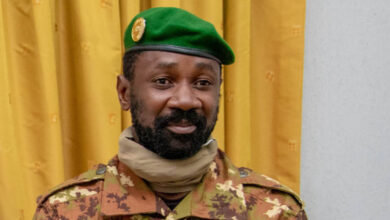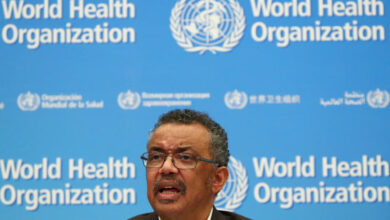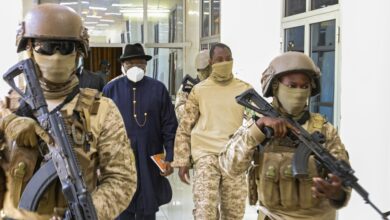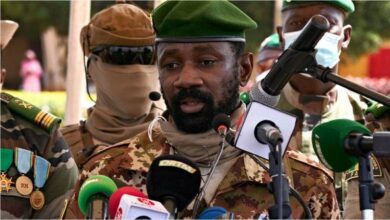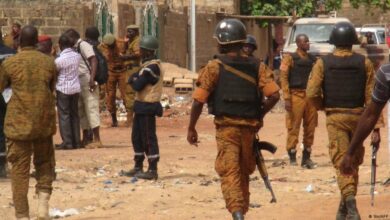Mali
Western Countries Denounce Deployment Of Russian Mercenaries In Mali’s Territory
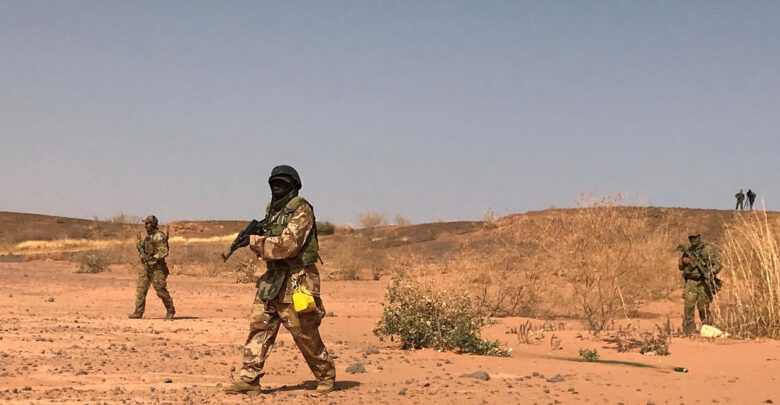
Western countries on Thursday issued a statement denouncing the deployment of Russian mercenaries in the conflict-hit Mali, reported Africa News.
In a joint letter, 15 western countries including France, Canada, Germany, and the United Kingdom said they firmly condemn the deployment of paramilitary company Wagner on Malian territory.
“This deployment can only further deteriorate the security situation in West Africa, lead to an aggravation of the Human Rights situation in Mali, threaten the Agreement for peace and reconciliation in Mali,” the statement said.
The western countries in the statement accused Russia of providing material support to the Wagner Group. The group appealed to Russia to revert to responsible and constructive behavior in the region.
The statement also said that the countries regretted Mali’s authorities’ decision to use already scarce public funds to pay foreign mercenaries instead of supporting the country’s military forces.
The Russian government continues denying having any link with Wagner, but the group has reportedly been linked to Yevgeny Prigozhin, a businessman who has a close connection with President Vladimir Putin.
Previously, French president, Emmanuel Macron, said that the presence of Wagner’s forces in Mali would be incompatible with the presence of French soldiers.
Earlier this week, Macron and his Russian counterpart discussed Moscow’s proposals for framing relations between Russia and the West in Europe. The two leaders also discussed Mali.
Notably, French forces have been in Mali since 2013, when they intervened to stop an insurgency in the country’s north. That operation was later extended to stabilize the broader Sahel region that includes Chad, Niger, Burkina Faso, and Mauritania.
After nearly nine years in the Sahel region, France began reorganizing its military presence in Mali last June focusing on the borders of Niger and Burkina Faso.
The French government’s plan is to reduce its military presence in the region from 5,000 to a maximum of 3,000 by 2023.


